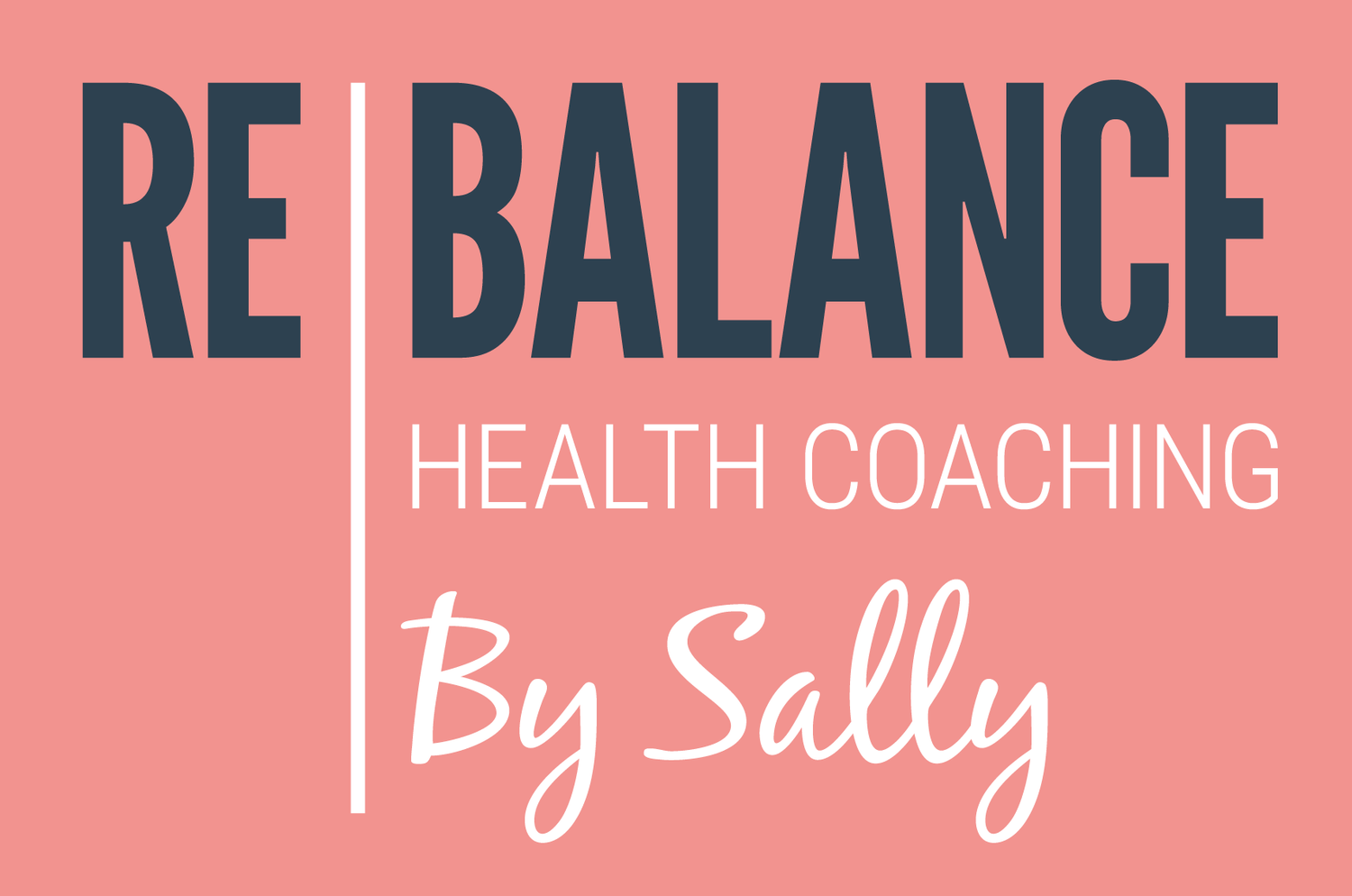Lifestyle Medicine
How Lifestyle Medicine Can Help You Re-Balance
October marks Menopause Awareness Month, an important opportunity to start conversations, share experiences, and highlight the many ways we can support our health during this natural life stage.
Menopause is often viewed purely as a medical event, a point in time when periods stop. But it’s so much more than that. It’s a whole-body transition, influenced by hormones that affect not just our reproductive system but also our mood, metabolism, skin, bones, and even how we handle stress.
While this change can bring challenges, it also offers a chance to pause, reflect, and reconnect with yourself. With the right knowledge and support, you can move through menopause feeling strong, calm, and in control.
At Re-Balance by Sally, I use the principles of Lifestyle Medicine, small, sustainable changes that help restore balance to the body and mind. Our approach is built around five key pillars: Nutrition, Self-Care, Movement, Sleep, and Reducing Toxins. These pillars form the foundation for long-term health and wellbeing and menopause symptom relief, helping you feel like yourself again.
Let’s explore how each pillar can help you feel more balanced with simple, practical tips you can start using today.
1. Nutrition: Nourish your changing body
Hormonal changes during menopause can impact metabolism, digestion, and mood. Eating well becomes one of the most powerful tools you have to support your health naturally.
Including foods that help balance hormones, stabilise blood sugar, and support gut and liver health can make a real difference.
Top tips:
Prioritise protein: Include a good source of protein at every meal to support hormone balance, muscle mass, energy levels, and satiety. Good sources of protein include: lean meat, fish, eggs, lentils, chickpeas, beans, tofu, quinoa
Eat the rainbow: Include a wide variety of colourful fruit and vegetables. They’re rich in vitamins, minerals and antioxidants that support hormone balance, reduce inflammation, and protect your cells.
Include healthy fats: Healthy fats are essential for hormone production, brain health, and heart health. Add foods such as avocado, nuts, seeds, olive oil, and oily fish like salmon, mackerel or sardines to your meals.
Add phytoestrogens: These plant-based compounds mimic the effect of oestrogen in the body and may help ease symptoms such as hot flushes and mood swings. Good sources include flaxseeds, soy, tofu, lentils, and chickpeas.
2. Self-Care: Reconnect with yourself
Menopause is a time to focus on yourself and re-evaluate what truly matters and what brings you joy.
Many people spend years caring for others, family, career, commitments, and neglect their own needs. Self-care isn’t selfish, it’s essential to maintaining emotional balance and energy.
Top tips:
Create calm moments: Even five minutes of deep breathing, journaling, or mindful tea drinking can reset your nervous system and reduce stress hormones.
Practice gratitude: Focusing on small moments of joy helps shift your mindset and create emotional resilience.
Set healthy boundaries: Protect your time and energy. Saying no to what drains you creates space for what supports you.
3. Movement & Exercise: Move for strength and vitality
Exercise during menopause isn’t about punishment or perfection, it’s about feeling strong, grounded, and energised.
Movement supports hormone balance, boosts mood, strengthens bones, and improves sleep.
Top tips:
Build strength: Include resistance or weight-bearing exercises to maintain muscle and bone health, which can decline during menopause.
Move every day: A brisk 20-minute walk, yoga, or dancing in the kitchen all count. Consistency matters more than intensity.
Find the joy: Choose activities you love, it makes you far more likely to keep going.
4. Sleep: Restore and Rejuvenate
Sleep can become more challenging during menopause due to hormonal changes, night sweats, or anxiety.
Prioritising good sleep hygiene helps your body repair, regulate hormones, and restore energy.
Top tips:
Create a bedtime routine: Wind down with a warm Epsom salt bath, gentle stretching, or reading a calming book to signal to your body that it’s time to rest.
Keep your bedroom cool and dark: This helps reduce night sweats and supports deeper sleep.
Limit caffeine and screens: Avoid stimulants and blue light devices for at least an hour before bed to help your body produce melatonin naturally.
5. Reducing Toxins: Reduce the load
Environmental and lifestyle toxins can add stress to your body and interfere with hormone balance.
Taking small steps to reduce your exposure can support your liver, skin, and overall health.
Top tips:
Switch to cleaner products: Look for natural, toxin-free options for skincare, cleaning, and personal care.
Choose whole foods: Reduce processed and packaged foods that contain additives and preservatives.
Stay hydrated: Water helps your body flush out toxins and supports every cell in your body. Filter your tap water to eliminate toxins such as chlorine and heavy metals.
Menopause is the beginning of a new phase. By focusing on these five lifestyle pillars, you can regain balance, boost energy, and rediscover your sense of self.
This Menopause Awareness Month, take time to nurture your wellbeing. Start small, stay consistent, and celebrate every positive change you make. What one small change can you make today?
For a personalised Lifestyle medicine plan tailored to your symptoms, your health history, your likes and dislikes with 1:1 health coaching support for guidance, advice and tools to create healthy habits that stick. Reach out to sally to learn more: sally@rebalancebysally.com
Whether your goal is weight loss, regaining energy, improving sleep or mood stability, we’ve got a programme for you.






